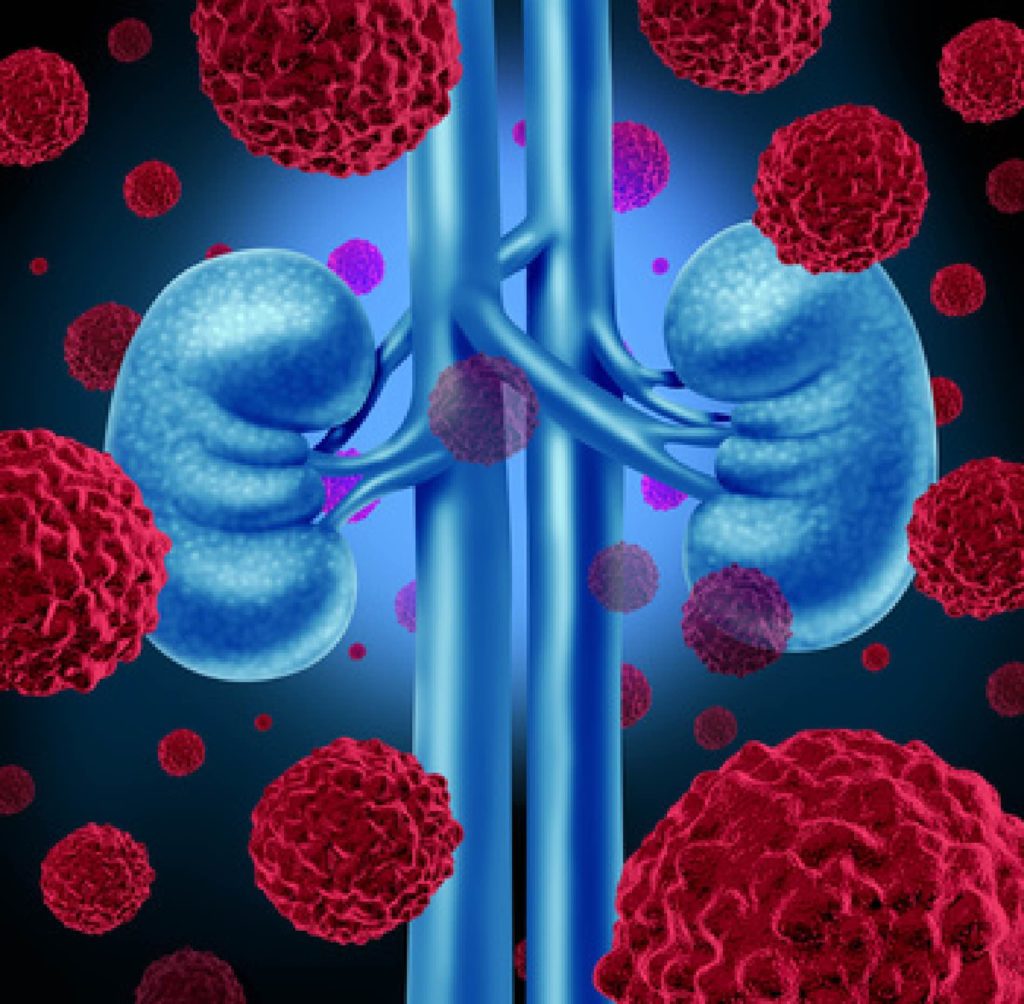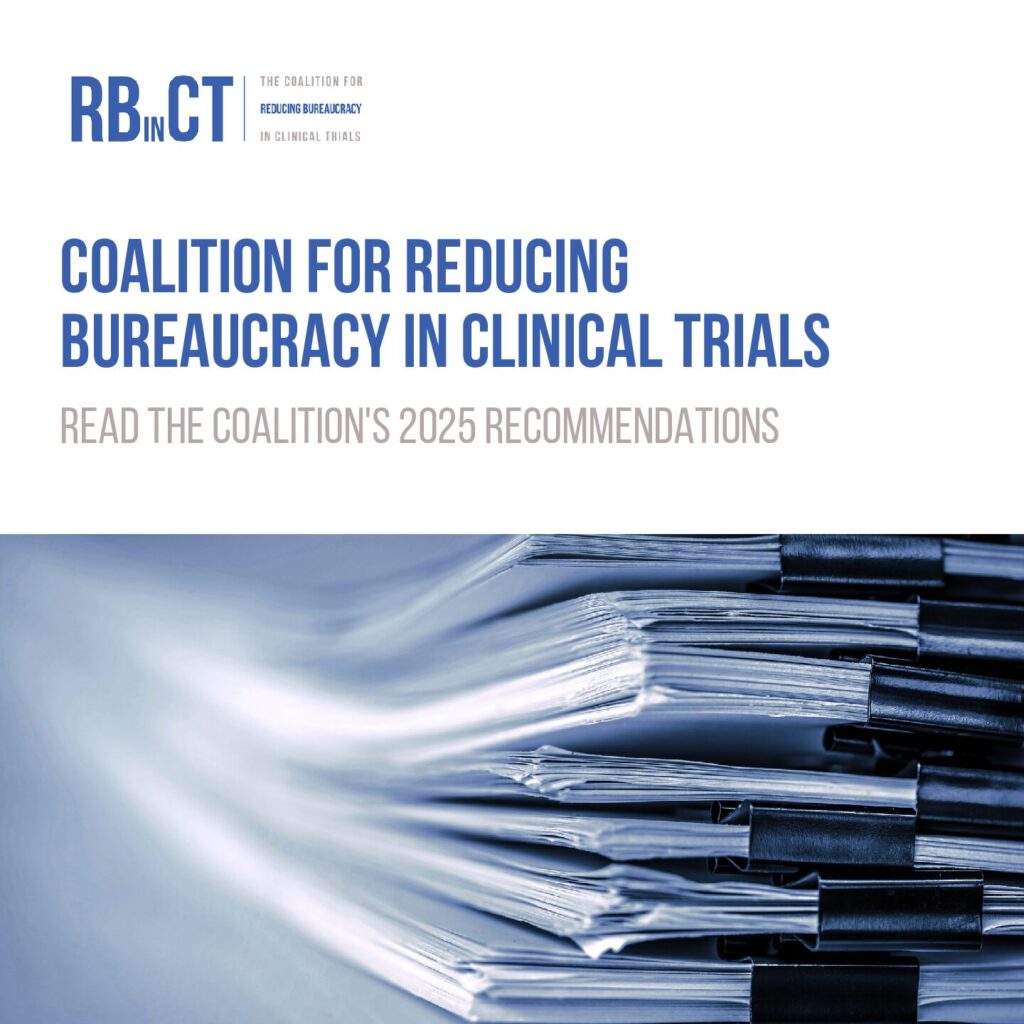Share this Page:
A study conducted by American researchers has identified an increase in the incidence of breast, bowel, womb, pancreatic, and kidney cancers in individuals under 50 years of age.
The research team analysed data from the US Cancer Statistics database, encompassing the period from 2010 to 2019. They examined cancer incidence, including subtypes, stages at diagnosis, and mortality trends for 33 different cancer types among younger age groups (15–29 years, 30–39 years, and 40–49 years) and compared these with older age groups.
Over two million cases of early-onset cancers were diagnosed within the study period, with nearly two-thirds of these diagnoses occurring in female patients. Among females, the most common early-onset cancers were breast cancer, thyroid cancer, and melanoma, while in males, bowel cancer, testicular cancer, and melanoma were most prevalent.
The study observed an overall increase in the incidence of early-onset cancers, including breast, bowel, womb, pancreatic, and kidney cancers, between 2010 and 2019. These findings hold potential implications for the prevention and screening of early-onset cancers.
Significant increases in incidence rates were noted primarily for female breast cancer, bowel cancer, kidney cancer, and womb cancers. These four types accounted for more than 80% of the additional cancer diagnoses recorded in 2019 as compared to 2010.
The study authors concluded that the factors driving the rising incidence rates are specific to each cancer and may include both established and novel causes, as well as increased detection.
While the incidence rates of certain cancers are rising among younger populations, many of these cancers are also becoming more common in older age groups. This pattern suggests that changes in risk factors and advancements in detection methods may be influencing cancer risk across various age ranges. The researchers stated, “The increasing incidence of many cancer types in both younger and older age groups suggests that there may be risk factors affecting cancer development universally or improvements in screening and imaging technologies that allow for more frequent detection.”















